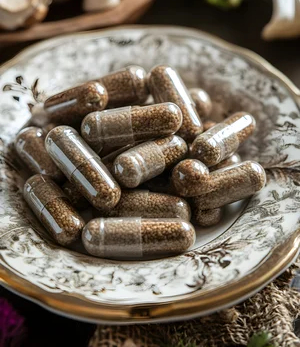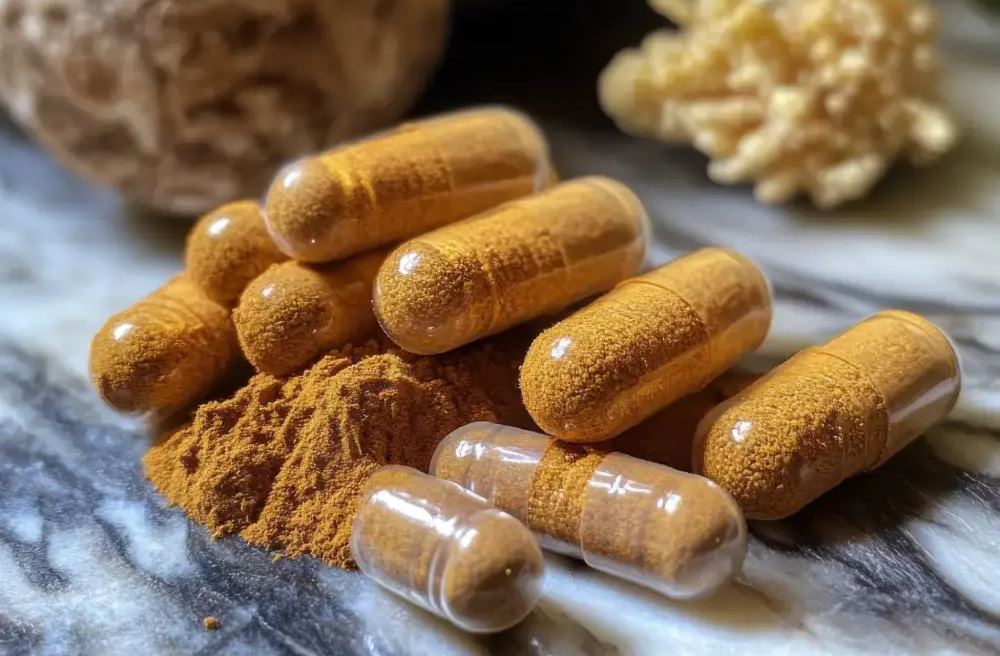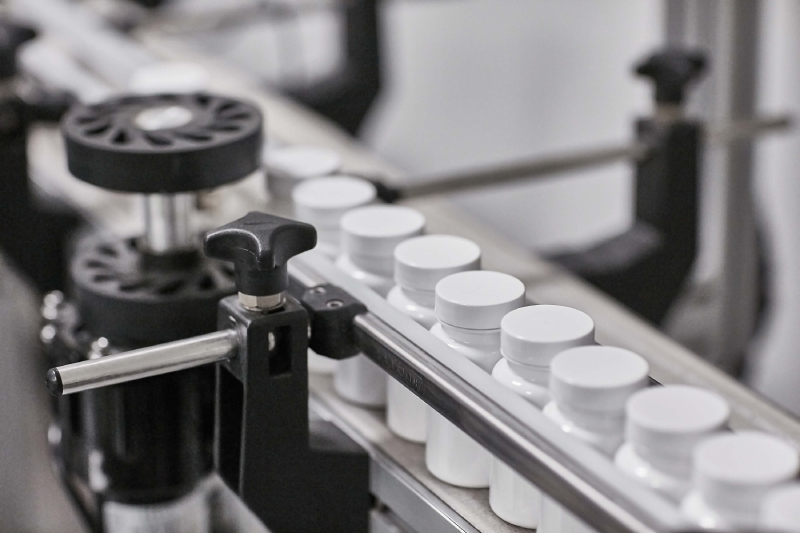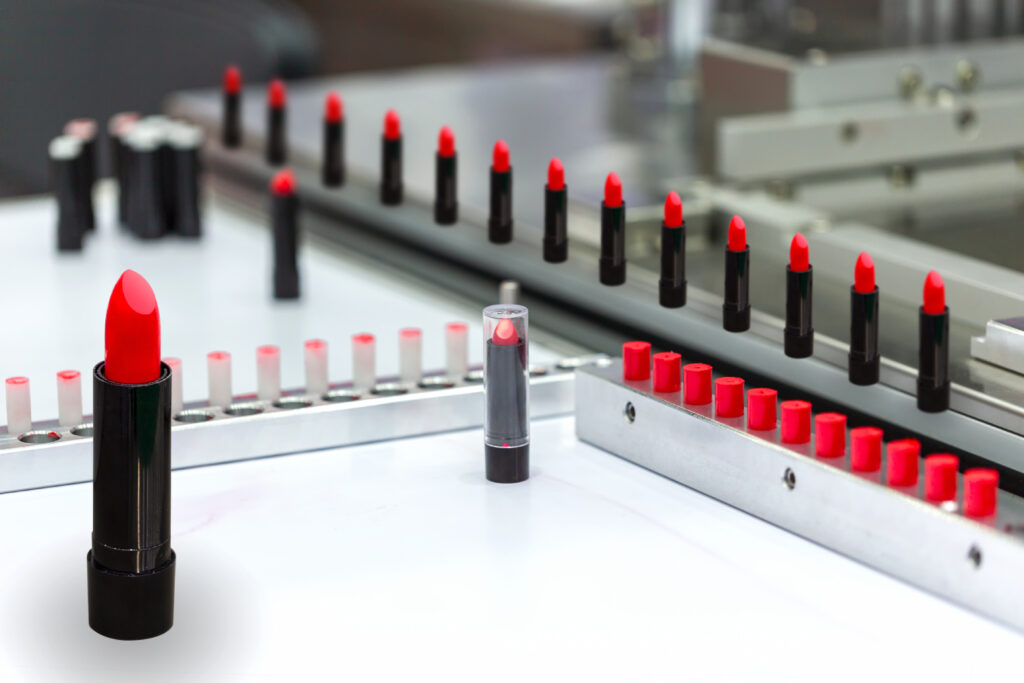Private Label vs. White Label: Choosing the Right Strategy for Your Brand
One of the first decisions a consumer goods company will have to make is how to source its products. Two of the most common ways consumables brands manage product output are through a white label or private label business model. Each approach provides unique advantages that you should understand so that you can make the best choice for the long-term success of your business. Here, we look at the differences between private label and white label manufacturing to help you decide which to use for your brand.
What Is Private Label?
With private labeling, a brand works directly with a manufacturer to create a unique product. The manufacturer handles formulating the product, producing it, and packaging it to meet the brand’s specifications. Working with a private label manufacturer allows you to customize products for your customers, but it requires more investment and effort than white labeling.
What Is White Label?
Alternatively, white label products are generic, pre-formulated products made by a manufacturer and sold to multiple companies that market and sell them as their own. White labeling is a popular option for businesses looking to quickly enter the market at a low cost. However, companies that choose white labeling cannot customize the product formulation and stand out in the market, which can potentially affect long-term business growth.
Key Differences
Here’s a deeper look at the key differences between these two options for manufacturing products:
Exclusivity.
One of the biggest differences between white label and private label manufacturing is the product’s exclusivity. With white labeling, you are essentially selling the same product as your competitors but with a different label. Alternatively, private label products are designed exclusively for your brand and help your company stand out in a competitive marketplace.
Customization.
Since private label products are exclusive to your company, this also means that you can work directly with the manufacturer to customize the formulation to meet your specific needs. This is not an option with white label products, as they are usually pre-made.
Speed to market.
If speed to market is your priority, then white label manufacturing may be a better option, as these products are already developed and ready to ship within weeks. Alternatively, private labeling takes longer because you are starting from scratch with product development.
Brand control.
With white label manufacturing, your brand control is limited to how you market an existing product. Private labeling gives you greater control, as you get to make decisions about most aspects of the product, from ingredients to packaging. This gives you the power to design a product that reflects your vision and helps differentiate your brand.
Pros and Cons
Choosing between white label and private label manufacturing will ultimately come down to your business’s needs, as both options have unique advantages and drawbacks. Here’s a quick look at the pros and cons of both options.
Private Label Manufacturing
Pros:
- Unique products that can help build brand identity
- Potentially higher margins due to differentiation
Cons:
- Higher upfront costs
- Longer time to market
White Label Manufacturing
Pros:
- Quicker market entry
- Lower initial investment
Cons:
- Difficult to differentiate your brand
- Competitive pricing pressure can cut into profits
How to Choose Based on Your Goals
Whether you are an entrepreneur entering the lucrative dietary supplement market, or you are an established brand looking to launch a new product line, you may find yourself deciding between white label or private label products. Ultimately, the ideal option depends on your situation.
For instance, white label products are often a popular choice for startups looking to enter the market quickly and without the expense involved in developing and testing a new product. Alternatively, established brands may decide to transition to private label as they grow so that they establish a unique market position and ensure long-term business success.
Contact Daily Manufacturing to Start Your Private Label or White Label Project
Choosing between white label and private label manufacturing is an important decision to make as you establish your brand. Each approach offers unique challenges and benefits, so take some time to consider your business’s goals, budget, and other resources.
Daily Manufacturing supports both private and white labeling, providing flexibility and expertise to established and emerging brands. Our 45,000-square-foot facility can handle every aspect of manufacturing and packaging for products of any size. We offer formulation assistance and low minimum order quantities to streamline your unique project. Contact us today to learn more about our white label and private label contract manufacturing capabilities.


















